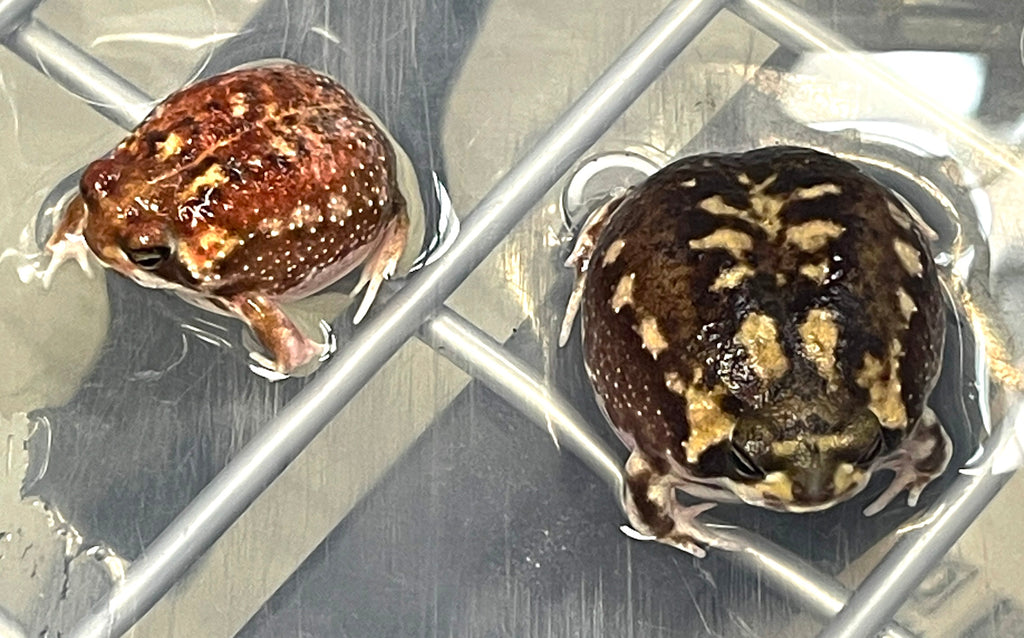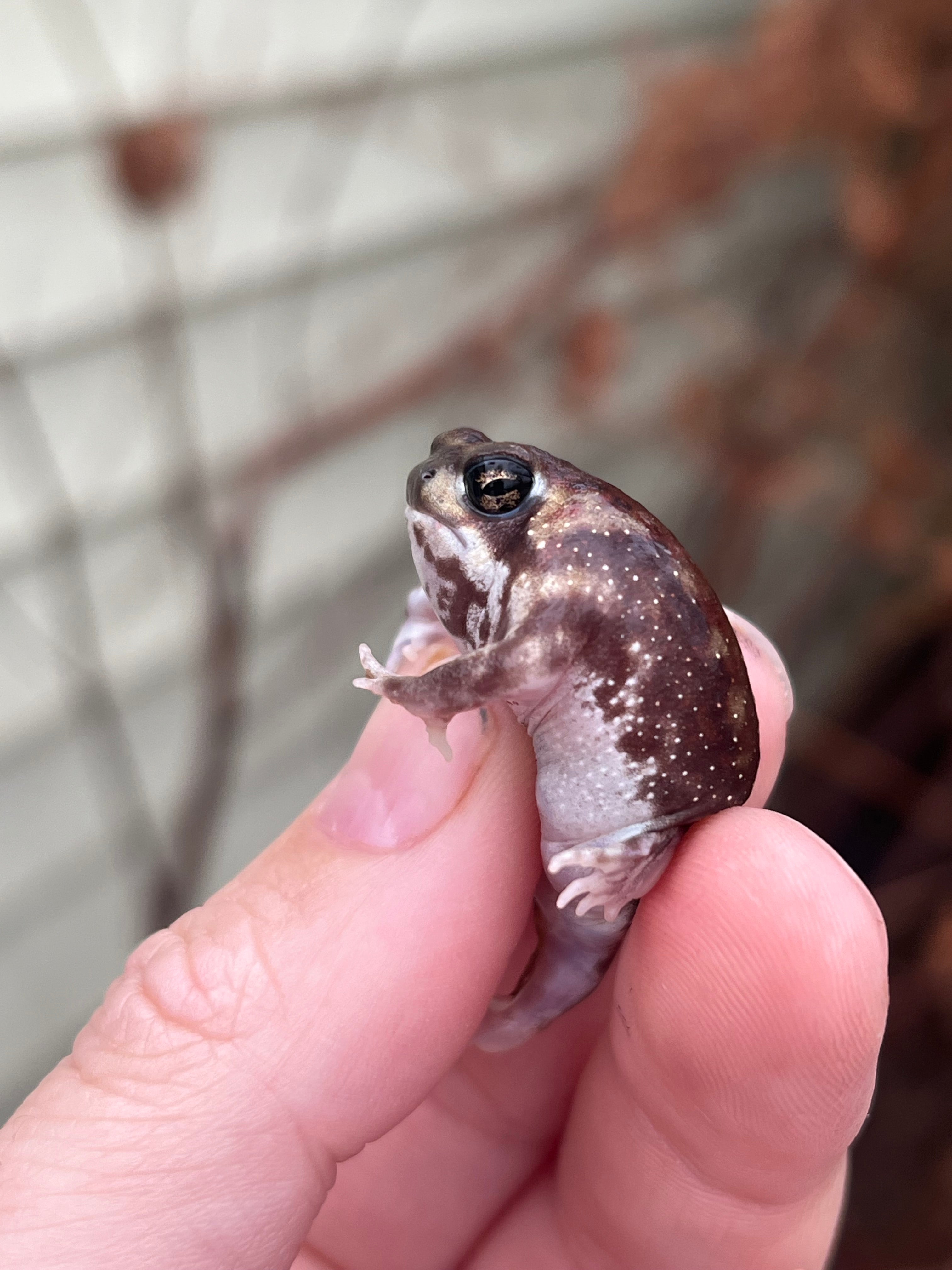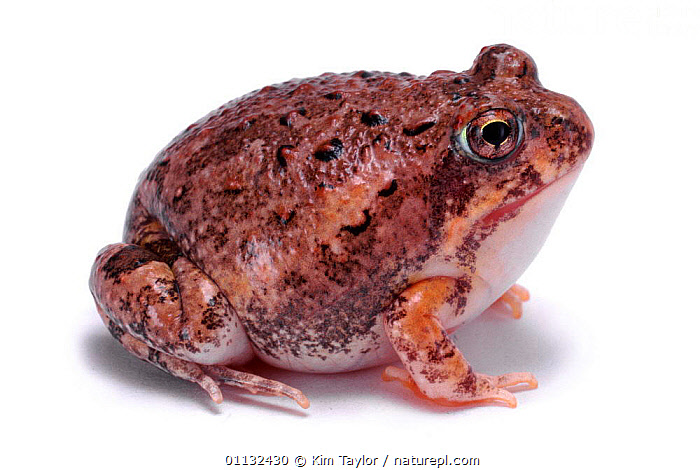Common Health And Wellness Issues in Reptiles: Signs and Solutions
In the complex world of reptile care, recognizing the common health problems that may impact these unique creatures is vital in ensuring their well-being. From respiratory infections that can quietly take hold to metabolic bone diseases that can incapacitate, reptiles are vulnerable to a series of ailments that need keen monitoring and timely intervention. Whether it's coming to grips with parasitical infestations, navigating dehydration problems, or resolving skin disorders that materialize in subtle ways, being in harmony with the symptoms and furnished with the knowledge of reliable services is essential for any reptile owner. By delving further into the nuances of these health and wellness issues and checking out the practical remedies offered, one can protect the health and vitality of these interesting animals.
Respiratory System Infections
Respiratory system infections in reptiles can substantially influence their general health and wellness and require punctual focus from experienced vets. In reptiles, respiratory infections can be especially testing to diagnose and treat due to their distinct anatomy and physiology.
Treatment for breathing infections in reptiles typically entails a mix of encouraging treatment, such as keeping appropriate humidity levels and temperature gradients in the unit, in addition to targeted medicine to address the specific pathogen accountable for the infection. It is important for reptile owners to monitor their family pets very closely for any kind of indications of respiratory system distress and look for veterinary treatment at the earliest indicator of a concern. With prompt intervention and ideal treatment, numerous reptiles can recover completely from respiratory infections and return to normal activities.

Metabolic Bone Condition
What factors contribute to the growth of Metabolic Bone Condition in reptiles?
Metabolic Bone Condition (MBD) in reptiles is largely created by a lack of correct calcium, phosphorus, and vitamin D3 levels in their diet regimen. Additionally, inadequate direct exposure to UVB light avoids reptiles from synthesizing vitamin D3, which is critical for calcium absorption and bone health and wellness.
Insufficient humidity levels can also impact a reptile's ability to metabolize calcium effectively. Routine vet exams, proper husbandry practices, and a well balanced diet regimen are essential to protect against Metabolic Bone Illness in reptiles.
Parasitical Infestations
Parasitic invasions present a considerable health threat to reptiles, influencing their total health and calling for punctual veterinary focus. Reptiles can be affected by numerous bloodsuckers, including termites, ticks, inner worms, and protozoa. These bloodsuckers can trigger a variety of signs and symptoms, such as weight Web Site management, sleepiness, skin inflammation, diarrhea, and even fatality if left without treatment.
One common parasite discovered in reptiles is the mite, which can cause skin anxiety, irritation, and anemia. Ticks are an additional exterior bloodsucker that can transmit diseases and trigger pain to the reptile. Inner parasites like worms and protozoa can bring about digestion issues, lack of nutrition, and deteriorate the reptile's immune system.
To diagnose a parasitic infestation, a vet might perform fecal tests, skin scrapings, or blood examinations. Treatment commonly entails deworming medications, antiparasitic baths, or in severe instances, a hospital stay. Preventative steps such as normal vet check-ups, appropriate health, and quarantine procedures for new address reptiles can assist reduce the threat of parasitic infestations and guarantee the health of reptile family pets.
Dehydration and Hydration Issues
Dehydration in reptiles can dramatically influence their health and wellness and health, demanding timely treatment and suitable hydration monitoring. If left untreated, dehydration can lead to significant wellness issues and even be fatal to the reptile.
To stop dehydration, reptile owners should guarantee that their pets have accessibility to tidy water whatsoever times. The water meal should be big sufficient for the reptile to soak in if required, particularly for types that soak up water via their skin. Furthermore, preserving appropriate moisture degrees in the reptile's unit and giving regular baths can aid protect against dehydration.
In situations of dehydration, it is critical to seek vet care directory promptly. A vet might provide liquids either orally or via injections to rehydrate the reptile. It is important to attend to the underlying source of dehydration to avoid reappearance and make certain the reptile's overall well-being.
Skin Ailments

Final Thought

Breathing infections in reptiles can dramatically affect their overall health and require punctual focus from skilled vets (rain frog for sale). Preventative procedures such as normal veterinary examinations, correct hygiene, and quarantine procedures for brand-new reptiles can assist decrease the risk of parasitic infestations and guarantee the well-being of reptile family pets
If left untreated, dehydration can lead to major health and wellness concerns and also be deadly to the reptile.
Consistently inspecting your reptile for any type of changes in skin appearance, shade, or appearance can assist in very early detection and therapy of skin disorders, advertising the total wellness and health of your scaly companion. - rain frog for sale
In verdict, reptiles are susceptible to numerous health and wellness issues such as breathing infections, metabolic bone disease, parasitical infestations, dehydration, and skin conditions.
Comments on “Uncover Rare Rain Frog for Sale: Elevate Your Amphibian Collection Today!”